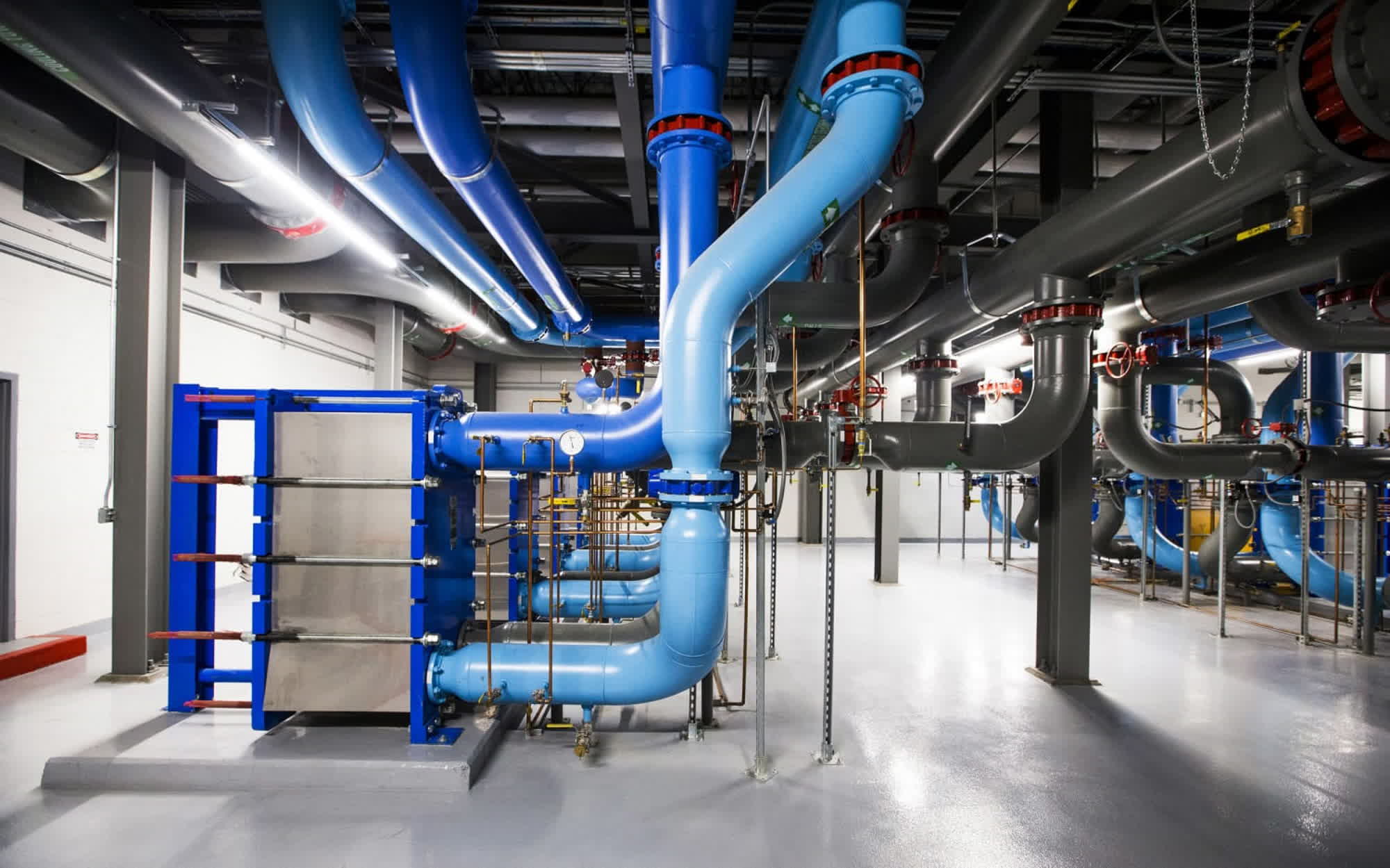Serving tech enthusiasts for over 25 years.
TechSpot means tech analysis and advice you can trust.
A thirsty potato: According to private records obtained by the Financial Times through freedom of information requests, data center facilities in Virginia have experienced a significant increase in water consumption in recent years. The rise of generative AI could exacerbate this issue, potentially contributing to an environmental disaster in the making.
The Commonwealth of Virginia, particularly Northern Virginia, hosts the largest data center market in the world. The state is home to around 300 facilities, according to recent data, and these centers require vast amounts of electricity and water to keep global internet services running. Water usage, in particular, is becoming an increasingly alarming issue.
The Financial Times reports that Virginia's data centers consumed at least 1.85 billion US gallons of water in 2023, compared to 1.13 billion gallons in 2019. This information is based on data provided by six water authorities in Fairfax, Loudoun, Prince William, and Fauquier counties, a Northern Virginia region known as "Data Center Alley." Additional water utilities in the region did not provide data for the report.
Data Center Alley hosts major operations for companies like Google, Microsoft, and Amazon. These facilities require water either to cool computing equipment or for power generation, and some of the largest centers are located in parts of Virginia that are facing droughts or other water-related crises.

According to a representative from the Piedmont Environmental Council, a Virginia-based nonprofit organization, the rapid expansion of the data center industry could be unsustainable for the environment. Loudoun County officials confirmed that the amount of land used for new data centers has more than doubled since 2019, and additional facilities are currently under construction.
Most of Virginia is experiencing "abnormally" dry conditions, according to the US Drought Monitor, yet a significant number of Big Tech data centers are still located in water-stressed areas. Microsoft reported that 42 percent of the water consumed in its facilities in 2023 came from such regions, while Google stated that 15 percent of its global freshwater usage occurred in areas already facing water scarcity.
Amazon did not provide specific data on the issue but stated that it is committed to becoming a "good water steward." The company aims to be "water positive" by 2030, returning more water to communities than it consumes in its facilities. Microsoft is also developing "zero-water cooling technologies" for its Virginia data centers, while Google did not comment.
Water is just one of the many issues arising from the explosive growth of the data center industry worldwide. With generative AI services and new AI algorithms being developed by nearly every major IT corporation, AI-focused data centers could soon consume significant amounts of electricity, water, and other precious resources, while the broader environment bears the consequences.